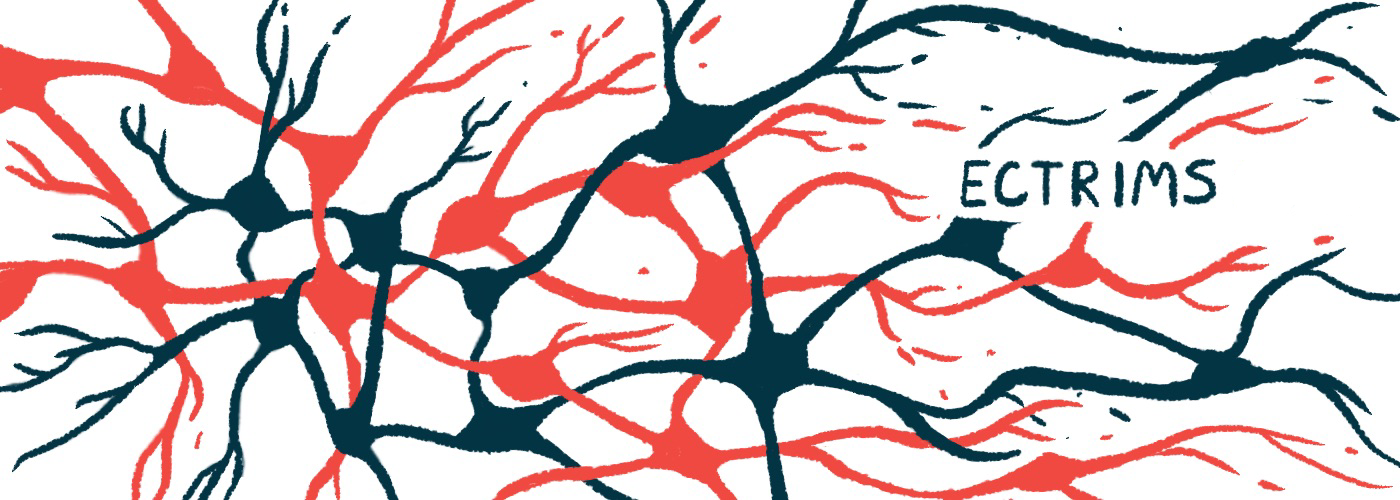ECTRIMS 2025: MIND diet may help reduce MS fatigue, disability
The diet, rich in nuts and fish, led to better life quality for patients over 6 years
Written by |

Following the MIND diet, a program that focuses on brain health, may help reduce disability, ease fatigue, and improve quality of life for people with multiple sclerosis (MS), according to an analysis of data from a U.K. database.
The diet, which combines aspects of the Mediterranean and the Dietary Approaches to Stop Hypertension (DASH) diets, aims to provide nutrients and antioxidants that protect the brain, promote better brain function, and reduce inflammation and nerve damage.
While the analysis relied on self-reported food intake, patients who followed the diet more closely had significantly better outcomes after six years.
The findings were presented in a poster, “Adherence to the MIND diet is associated with reduced disability and fatigue and improved quality of life in people with multiple sclerosis: a 6-year longitudinal analysis from the UK MS Register,” at the 41st Congress of the European Committee for Treatment and Research in Multiple Sclerosis, held Sept. 24-26, in Barcelona, Spain, and online.
Eating a well-balanced diet is an important part of staying healthy for everyone, and people with MS are no exception. Several specific diets for MS have been proposed, but there’s little data to support the benefits of any one diet.
About the MIND diet
The MIND diet, short for Mediterranean-DASH Intervention for Neurodegenerative Delay, was designed to promote brain health. It emphasizes foods that are thought to be good for the brain, including leafy green vegetables, nuts and berries, fish and poultry, olive oil, and wine, while limiting processed or sugary foods and unhealthy fats.
In this study, researchers used data from the UK MS Register, a large database that is gathering data from thousands of MS patients over time, to explore whether following the MIND diet might be beneficial.
The analysis included data from 2,455 patients, all of whom had completed questionnaires about their dietary habits in 2016, and then six years later, in 2022.
Based on the responses, the researchers assigned each patient a numeric score, with higher numbers representing dietary habits that more closely aligned with the MIND diet. The scientists then used statistical analyses to see if patients with higher scores had different clinical outcomes. These analyses adjusted for factors including MS type and the use of disease-modifying treatments.
Results showed patients with higher scores had significantly lower scores on the physical subscale of the MS Impact Scale-29, which measures physical impairment due to MS. Patients with higher MIND diet scores also scored significantly lower on a measure of fatigue called the Fatigue Severity Scale. At the same time, quality of life was significantly better in patients with a higher MIND diet score.
In short, the data showed that MS patients whose dietary habits more closely resemble a MIND diet tend to report less physical disability and fatigue, and a better quality of life.
These data suggest that “MIND diet adherence may help reduce disability and fatigue severity and improve [quality of life] in people with MS,” the researchers concluded.
They emphasized that additional studies will be needed to confirm the benefits of this diet in MS patients and understand the biological mechanisms linking the MIND diet with better outcomes on these patient-reported measures.
Note: The Multiple Sclerosis News Today team is providing live coverage of the 41st Congress of the European Committee for Treatment and Research in Multiple Sclerosis (ECTRIMS) Sept. 24-26. Go here to see the latest stories from the conference.
